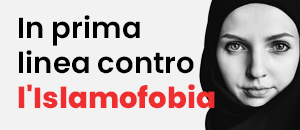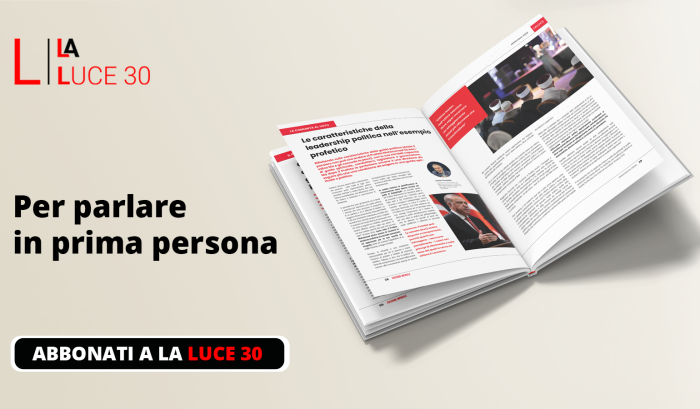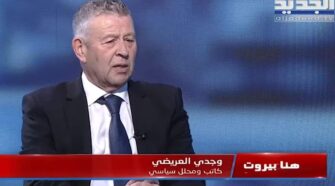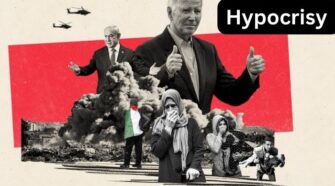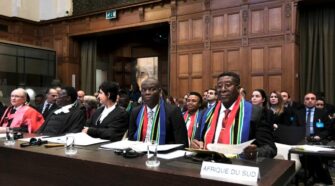The case filed by Hazim Nada against UAE outlines a comprehensive legal complaint detailing an elaborate defamation and disinformation campaign against him and his companies, Lord Energy SA and its U.S. subsidiary, Americas Lord Energy Inc.
The campaign, purportedly orchestrated by the United Arab Emirates (UAE) and several co-conspirators, aimed to undermine Hazim’s businesses by spreading false narratives about his alleged links to terrorist financing and the Muslim Brotherhood. The UAE, motivated by economic competition in the crude oil market, employed a Swiss private investigative firm, Alp Services S.A., to launch this smear campaign. The campaign involved publishing false information in the media, manipulating search engine results, creating fake Wikipedia pages, and inducing financial institutions to sever ties with Hazim and his companies.
Hazim Nada, an American and Italian citizen, established Lord Energy SA in 2008 as a crude oil and commodity trading company. The company successfully entered and expanded in the Asian market, particularly disrupting the UAE’s crude oil trade in the region by exporting large quantities of Saharan Blend crude oil. This competitive threat led the UAE and its state-owned oil company, ADNOC, to target Hazim and his companies, resulting in significant financial and reputational damage.
The complaint details the complex structure and activities of the alleged enterprise, including its key players from the UAE, Alp Services S.A., and various other defendants involved in the campaign. It outlines the methods used to spread the defamatory content and the significant impact it had on Hazim’s businesses and personal life. The document also covers jurisdictional aspects and the legal grounds for the lawsuit, including claims under the Lanham Act, the Racketeer Influenced and Corrupt Organizations Act (RICO), and the Sherman Act.
In essence, the document presents a case of a coordinated and prolonged attack on a business and its owner, leveraging misinformation and media manipulation to achieve competitive gains in the crude oil market, with wide-reaching consequences for the victims.
Nature of the Campaign:
The campaign was meticulously crafted and executed over several years, indicating a high level of coordination and planning. It wasn’t a series of isolated incidents but a continuous, relentless effort to undermine Hazim Nada and his businesses. The campaign employed a network of individuals and entities, including private investigative firms, paid journalists, and academics, to lend credibility to the disinformation spread.
The breadth of the campaign was vast, targeting multiple aspects of Hazim’s life and business. It involved not just spreading false information about his business practices but also attacking his personal integrity and heritage. This multi-dimensional approach aimed to leave no room for Hazim to maneuver or recover, attacking both his professional and personal standing in society.
Economic Motivations and Impacts:
The economic motivations behind the campaign were deeply rooted in the competitive dynamics of the crude oil market. Hazim’s success in exporting Saharan Blend crude oil posed a direct threat to the UAE’s and ADNOC’s market share, especially in lucrative Asian markets. The success of Lord Energy in displacing significant volumes of Murban crude oil translated into hundreds of millions of dollars in lost revenue for the UAE.
The impact on Hazim’s businesses was catastrophic. The deliberate targeting of his companies in financial compliance databases and the manipulation of media to spread disinformation led to the isolation of his businesses from the global financial system, effectively paralyzing his operations. The bankruptcy of Lord Energy and Americas Lord Energy Inc. was not just a loss of a revenue stream but represented the destruction of years of hard work and investment, erasing the market presence and reputation that Hazim had painstakingly built.
Sophistication and Reach of the Campaign:
The campaign’s sophistication lay in its multi-pronged strategy. It wasn’t limited to just defaming Hazim and his companies in the media. It involved creating an entire ecosystem of disinformation, including manipulating online content (such as Wikipedia and search engine results), planting stories in reputable news outlets, and covertly influencing financial risk and compliance systems. This comprehensive approach ensured that the disinformation wasn’t just seen as isolated accusations but was perceived as a widely acknowledged narrative about Hazim and his businesses.
The reach of the campaign extended far beyond the UAE and Switzerland (where Hazim’s companies were based). It had global implications, affecting Hazim’s business relationships in Asia, Europe, and the United States. The use of international media and global financial compliance systems ensured that the disinformation had a worldwide audience and impact, systematically closing doors for Hazim’s businesses across the globe.
Legal and Ethical Implications:
The campaign’s tactics raise significant legal and ethical questions. The deliberate spreading of false information and manipulation of financial systems to harm a competitor go beyond competitive business practices and enter the realm of illegal activities. The use of ‘dark PR’, fabrication of ties to terrorism, and manipulation of media undermine the trust in these institutions and highlight the potential for abuse in these systems.
The involvement of journalists and academics in the campaign raises questions about the integrity of media and academic institutions. The willingness of these individuals and entities to partake in spreading disinformation for financial gain undermines the societal trust in these professions and highlights the need for more robust ethical standards and accountability in these fields.
Psychological and Personal Toll on the Victim:
The campaign was not just an attack on Hazim’s business but also a deeply personal assault on his character and heritage. The disinformation spread about his supposed links to terrorist financing and the Muslim Brotherhood was designed to isolate him socially and professionally. This level of personal attack can have profound psychological effects, including stress, anxiety, and a sense of helplessness, as one’s personal and professional reputation is destroyed in the public eye.
The relentless nature of the campaign, the breadth of its reach, and the involvement of multiple actors would likely have created a sense of being under siege, with limited avenues for recourse or defense. The impact on Hazim’s personal life, including his family and personal relationships, would have been substantial, as the campaign sought to undermine his credibility and integrity in every sphere of his life.
The issue of sovereign immunity
International law recognizes sovereign immunity, allowing governments to act with impunity. However, Nada’s case calls into question the application of this immunity when a government acts more like a private entity than a traditional state. Nada’s lawsuit is based on the argument that the UAE acted outside the bounds of its sovereignty, behaving more like a private company pursuing commercial interests than a government engaged in diplomatic actions. Now it will be necessary to see whether the Emirates will be recognized this immunity or not, otherwise the case could represent a historical precedent.
The Foreign Sovereign Immunities Act, created in 1976, offers limited immunity to foreign states, but has exceptions for commercial activities that occur in or directly impact the United States. This exception could be crucial to Nada’s case, paving the way for a significant challenge to the UAE’s sovereign immunity.
Nada’s case is not just an individual legal action, but could mark an important precedent in the international legal landscape. If successful, it could pave the way for future lawsuits against foreign governments that use tactics outside the bounds of traditional diplomatic relations. This raises critical questions about definitions of commercial activity and the impact of a state’s actions on foreign nationals.

